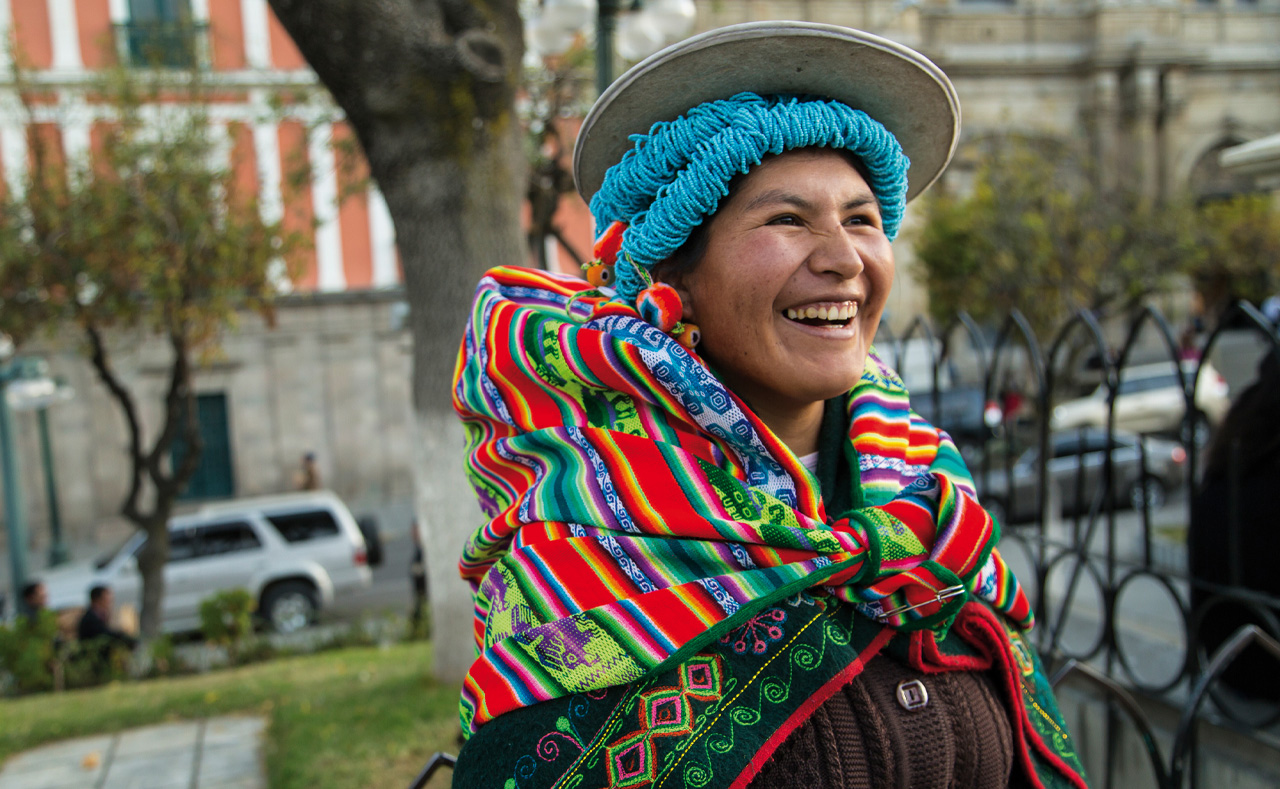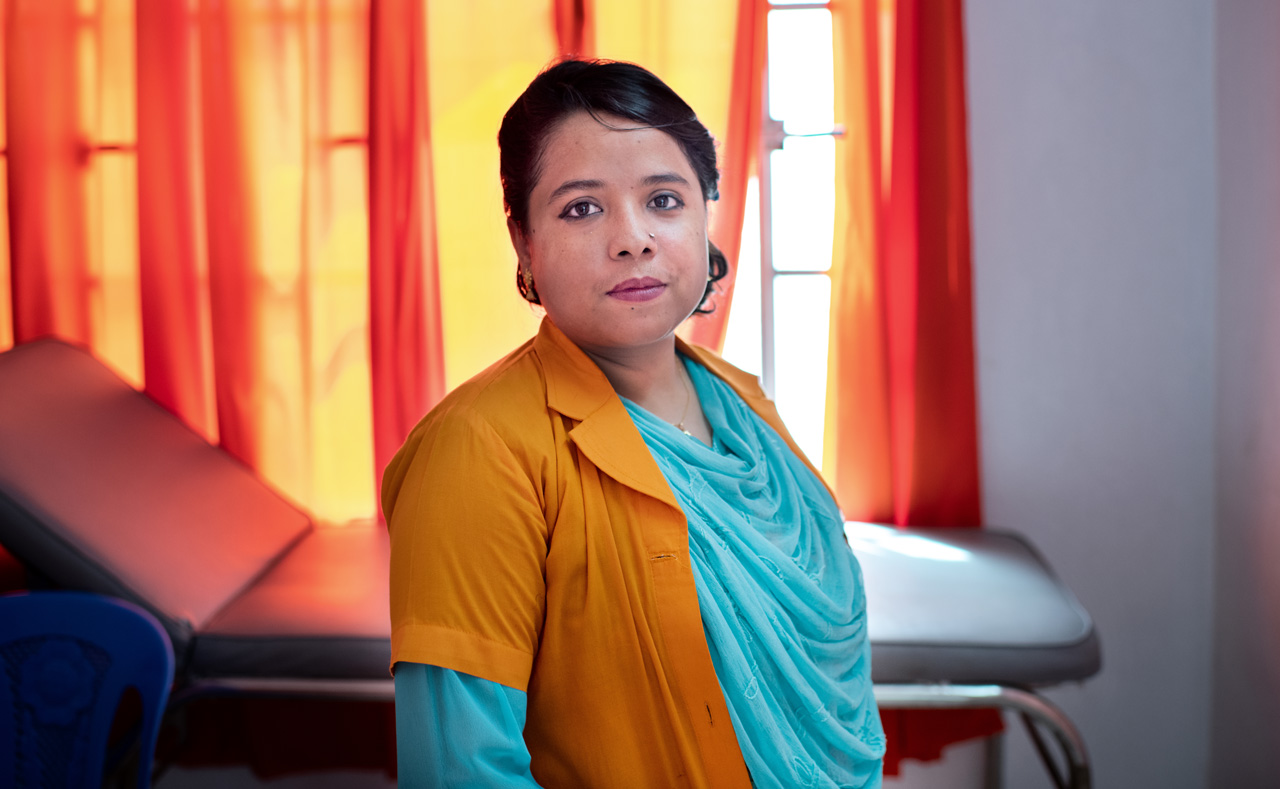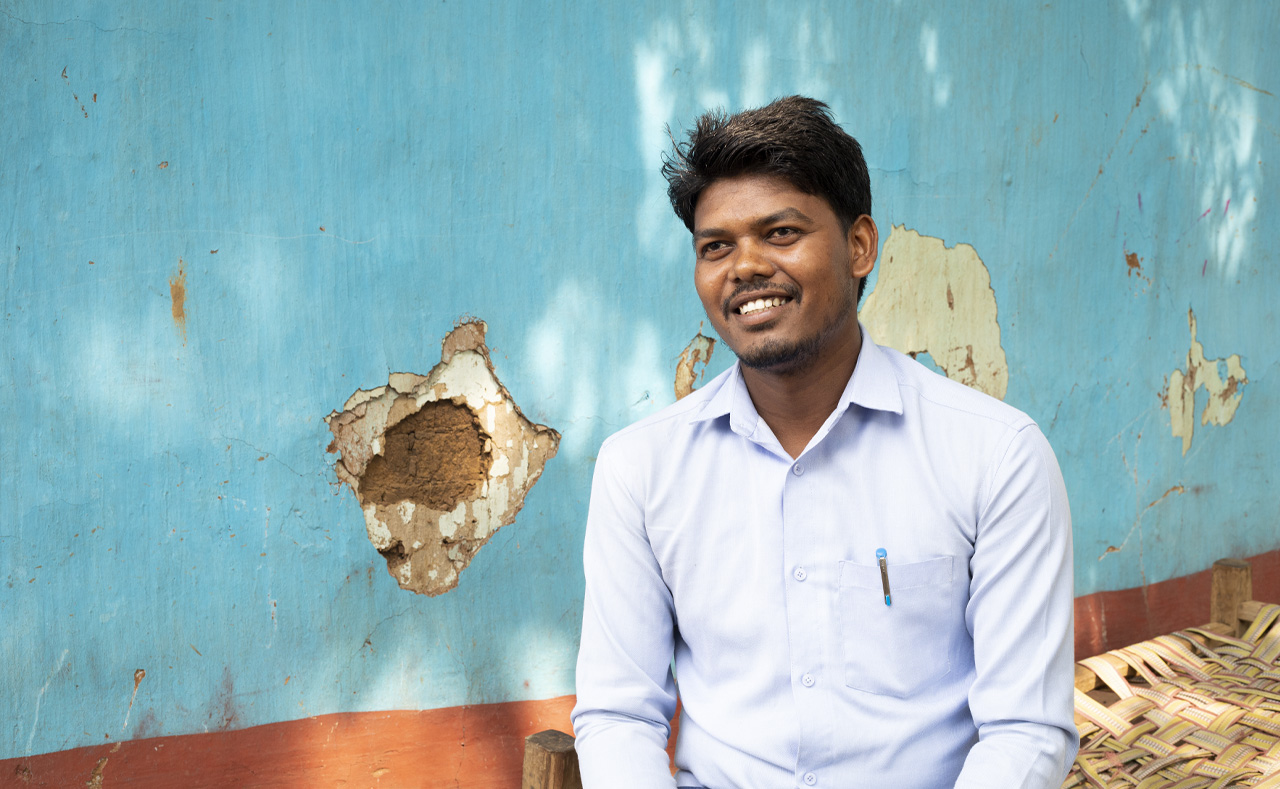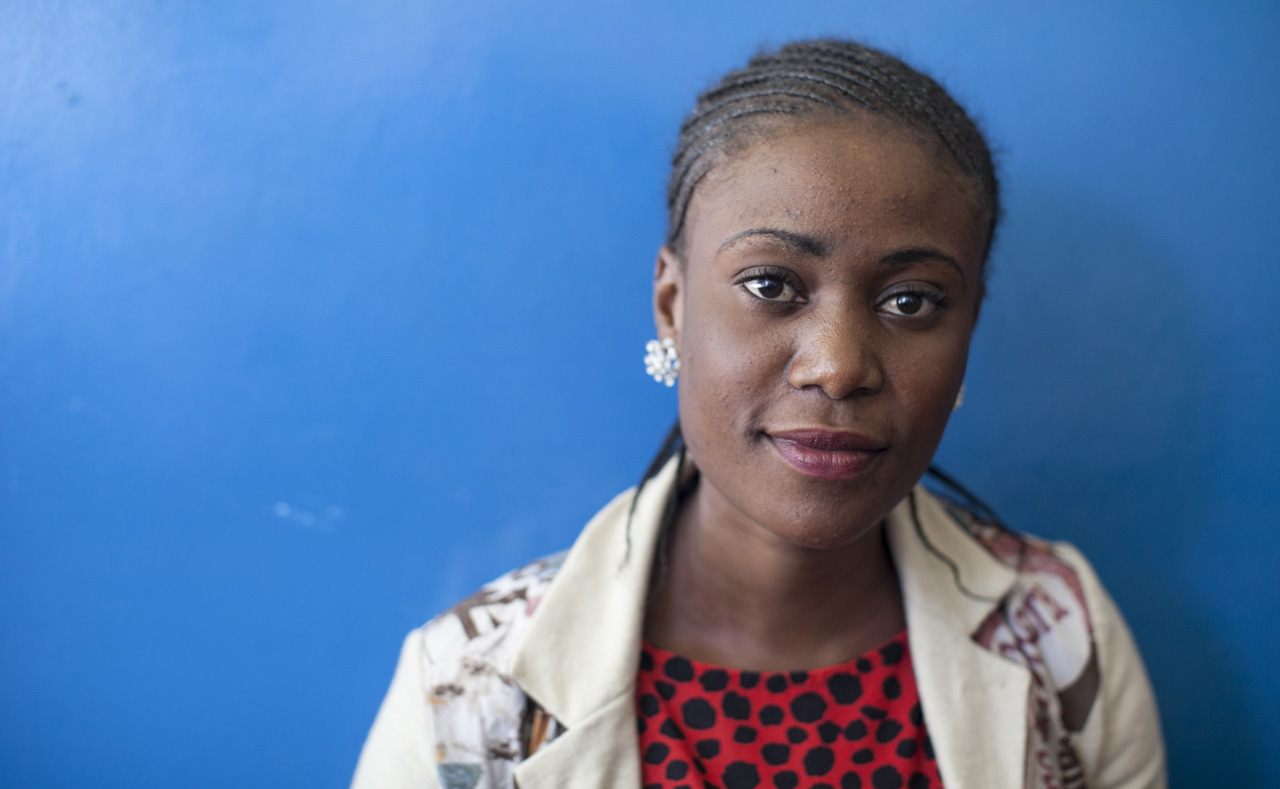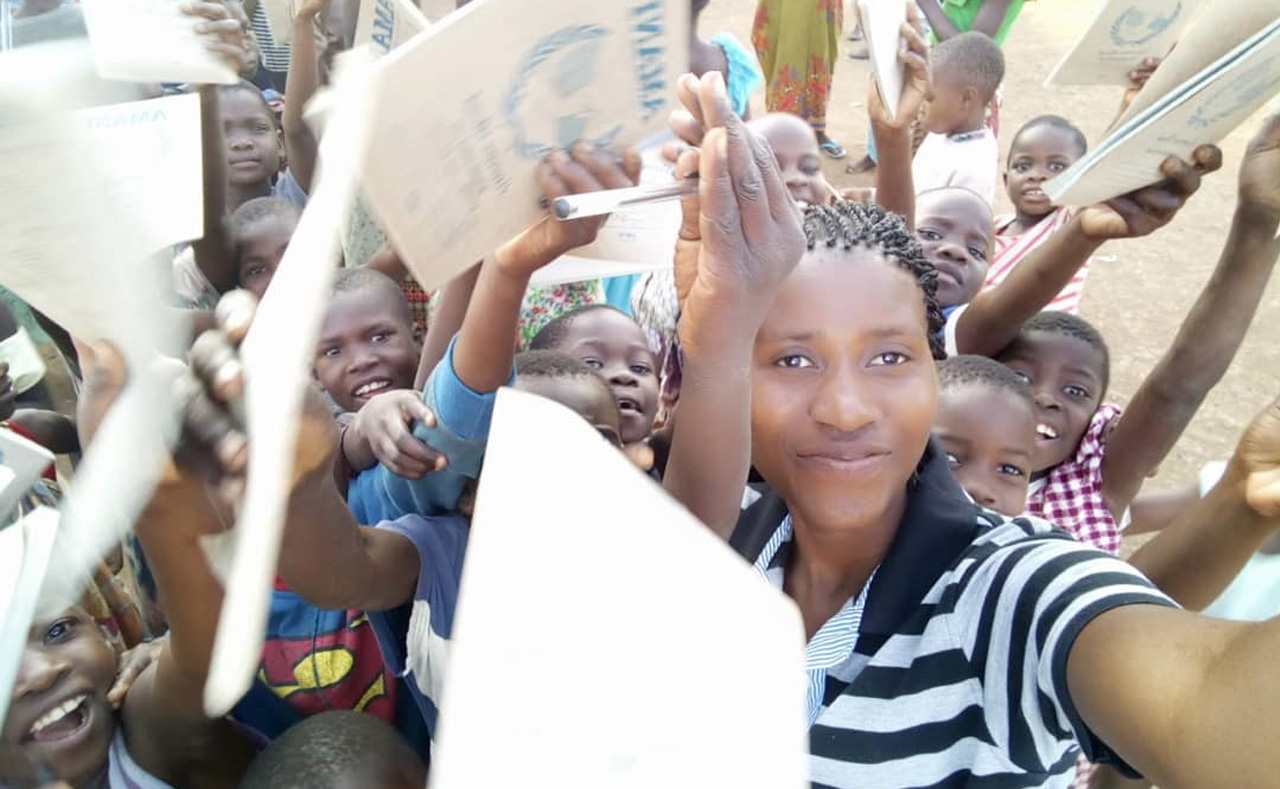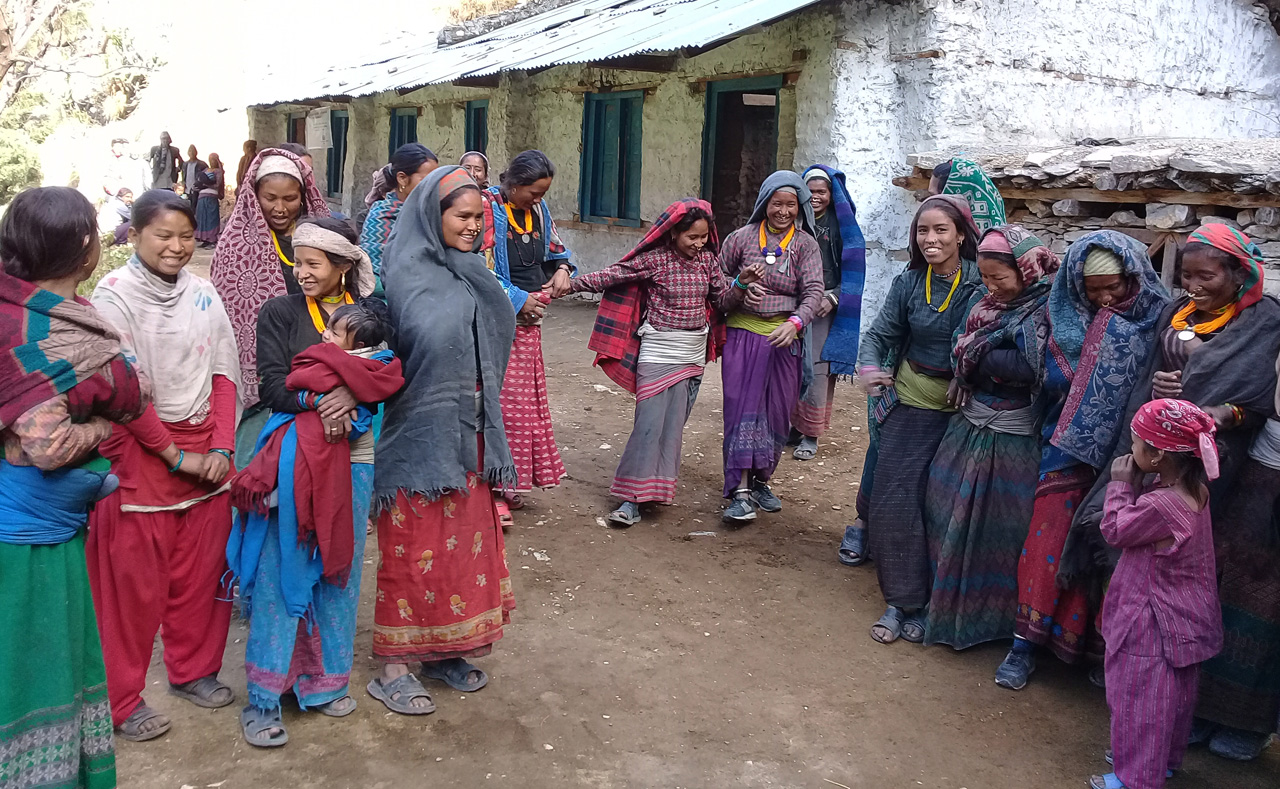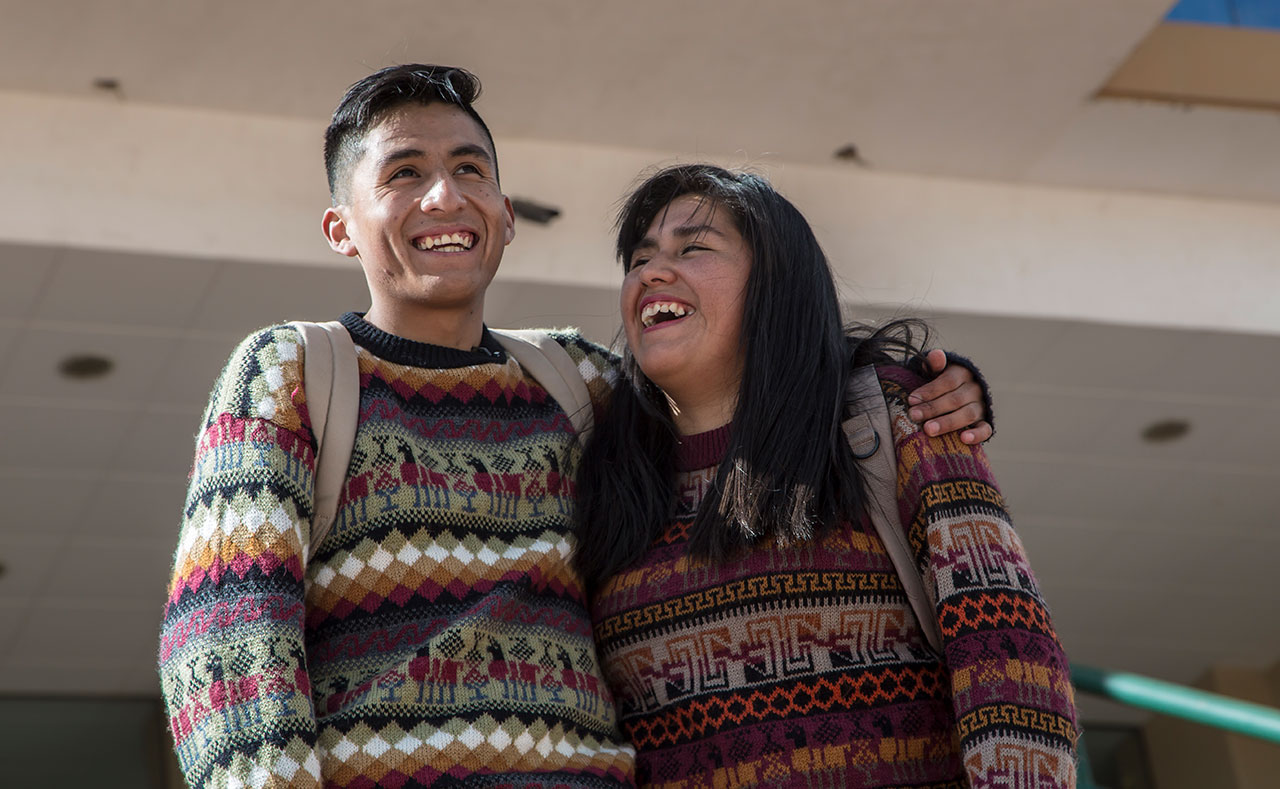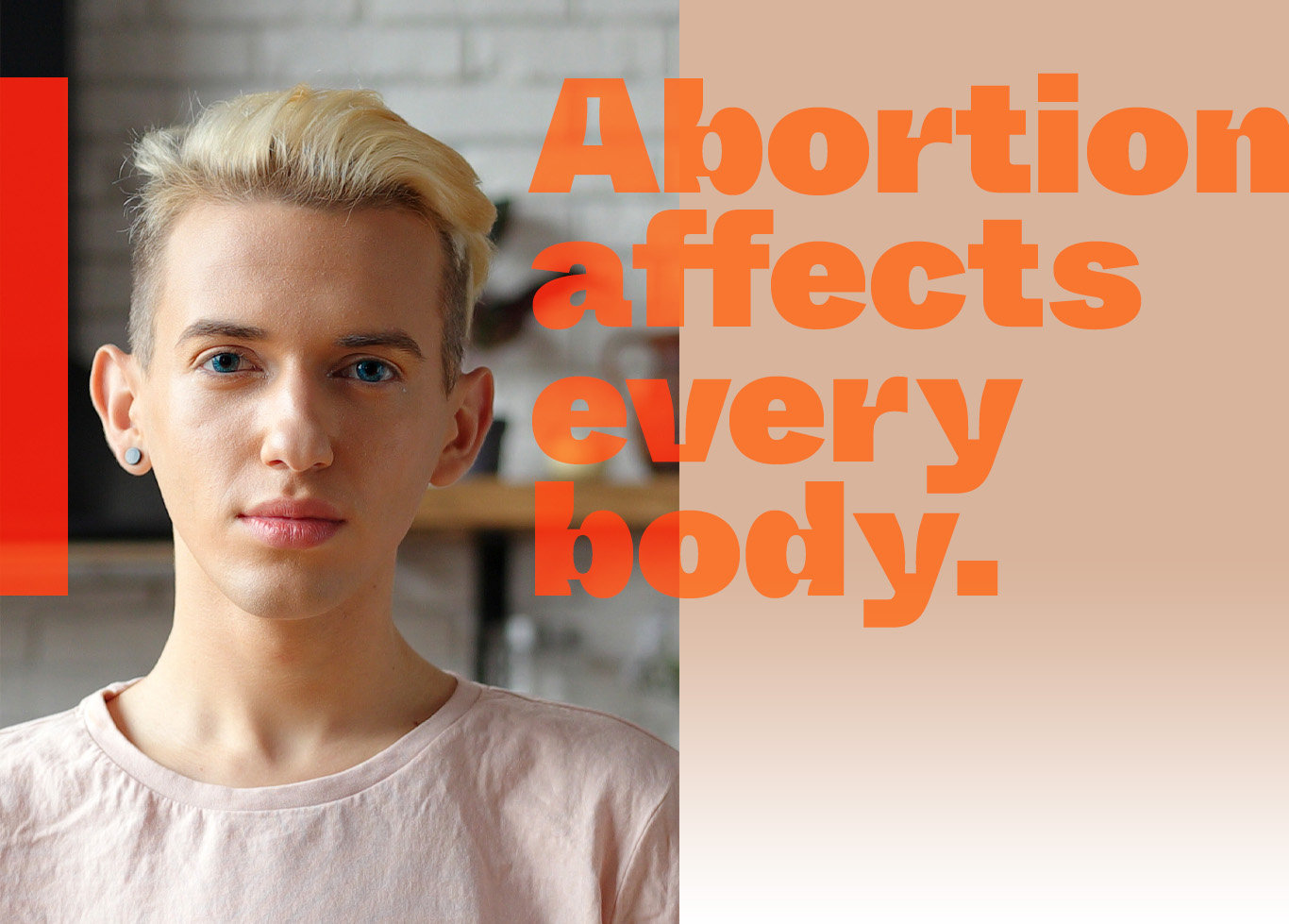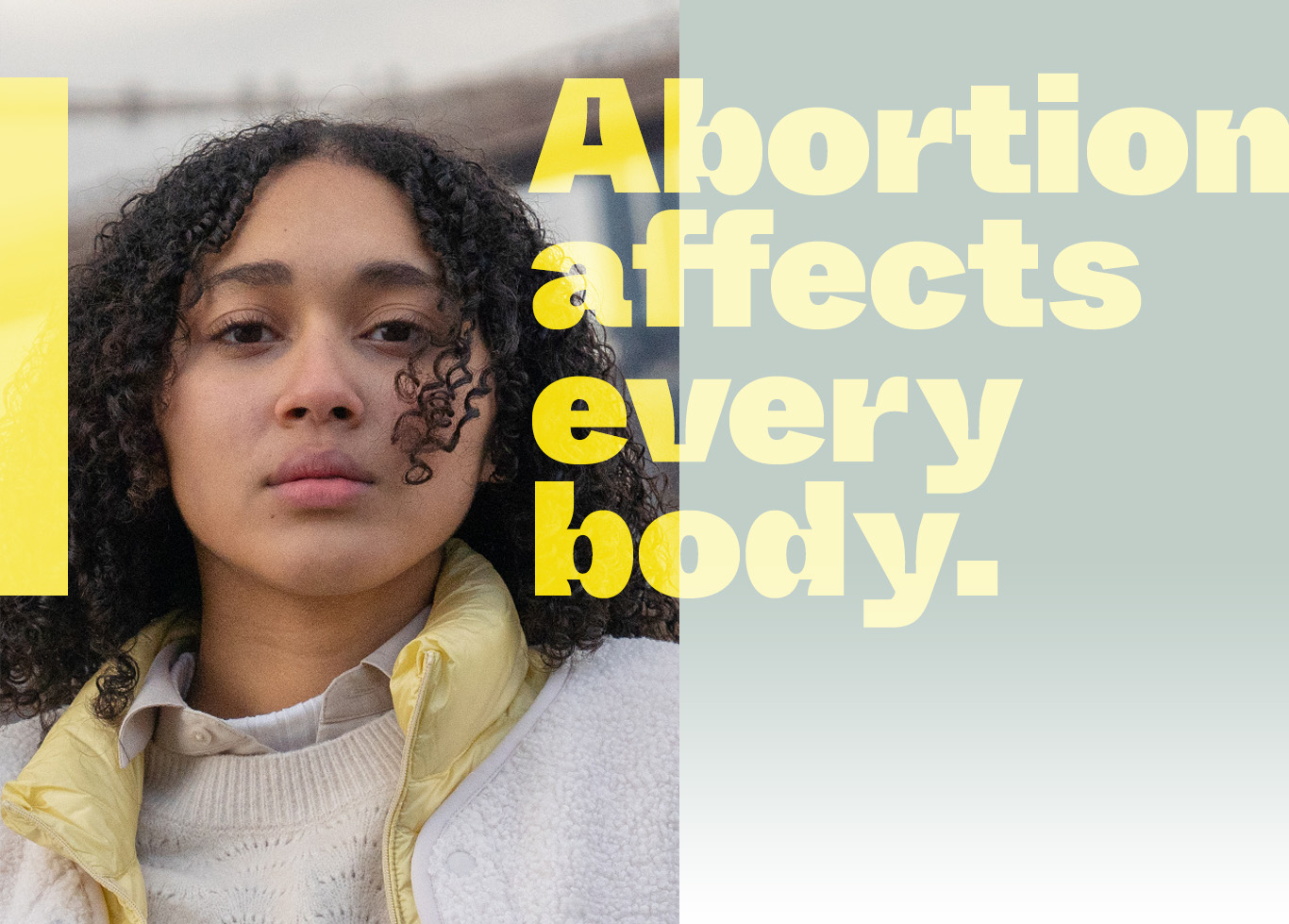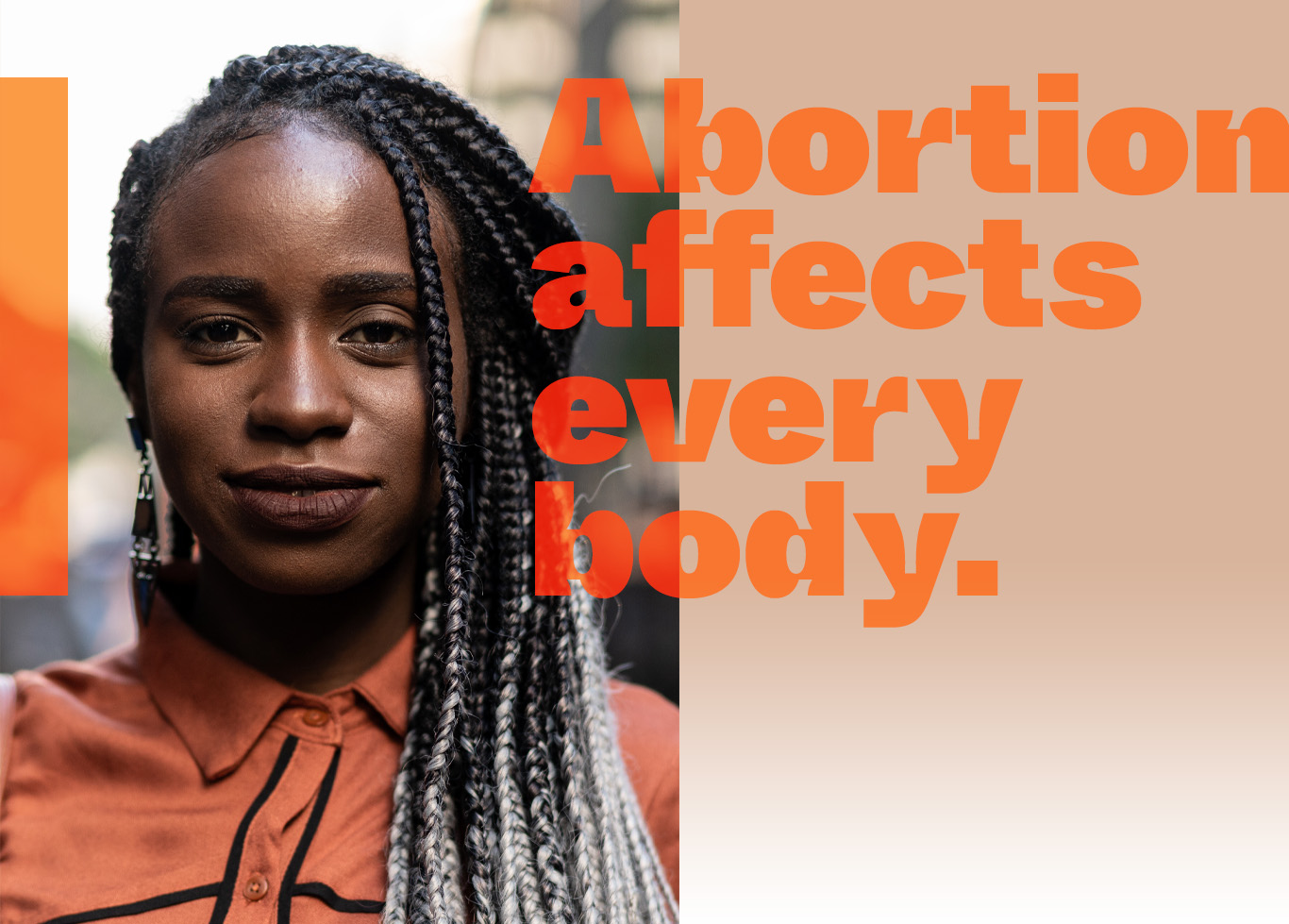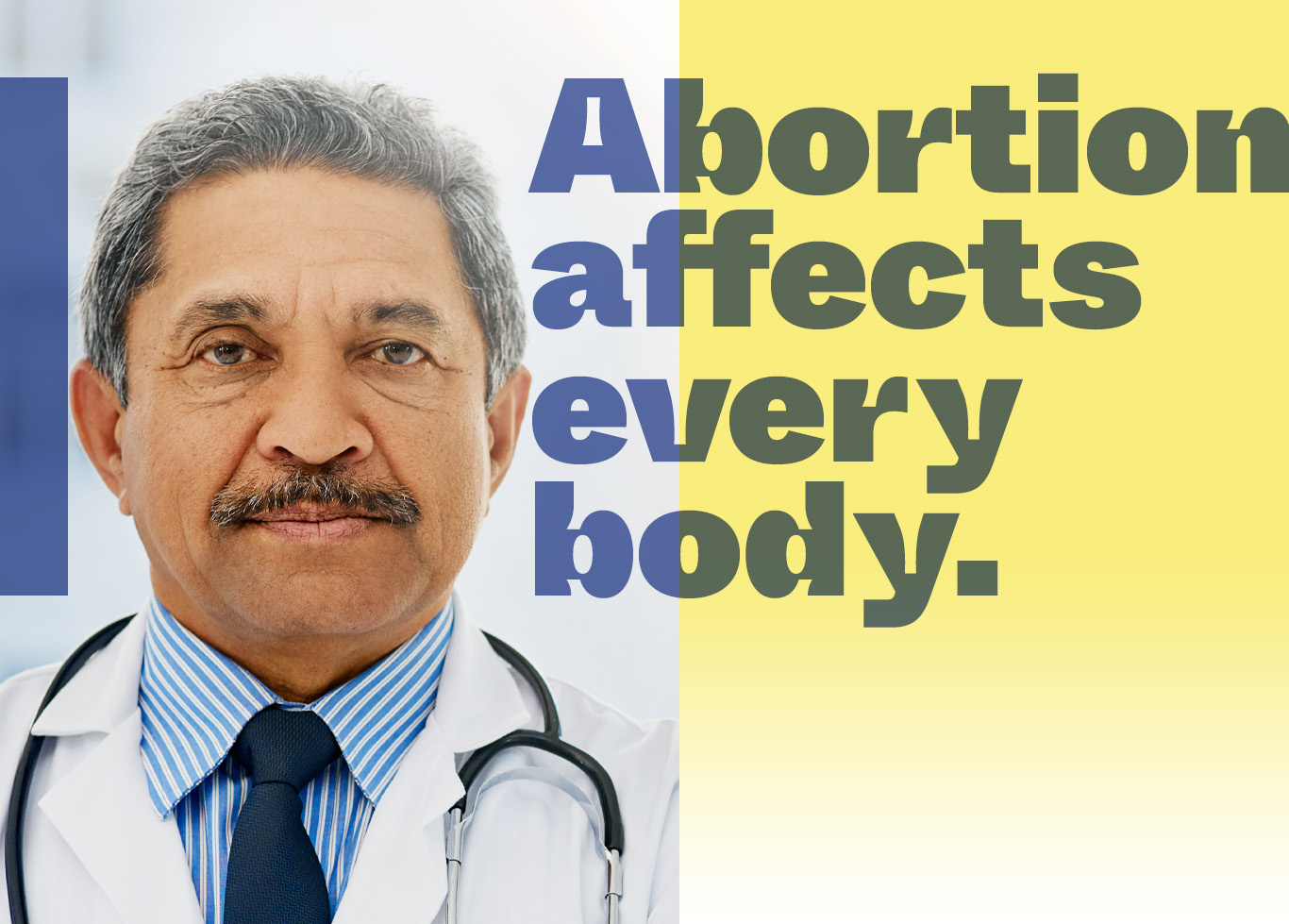Abortion affects every body.
For 50 years, Ipas has supported communities around the world to ensure access to abortion and contraception for all. You can help us protect every body’s right to reproductive freedom.
When we protect reproductive freedom, everyone benefits. Over 50 years, Ipas has developed a comprehensive approach to expanding abortion access that harnesses all sectors of society. We’ve trained, supported, and partnered with activists, health providers, educators, community leaders, lawmakers, youth groups and more—and we bring their collective strength and wisdom to bear in everything we do.
Our powerful global network of experts and activists is making a difference every day
We’ve made incredible progress in 50 years, but there’s still so much to do. Join us in protecting every body’s right to reproductive freedom. Together, we’ll keep fighting to expand abortion access for the next 50 years.
Ready for the next 50 years
The global movement for abortion access is growing, and Ipas has grown with it. Now our network of programs is making a difference across Africa, Asia and the Americas. Here some of our leaders share their pride in all we’ve accomplished—and all we’re prepared to do next.
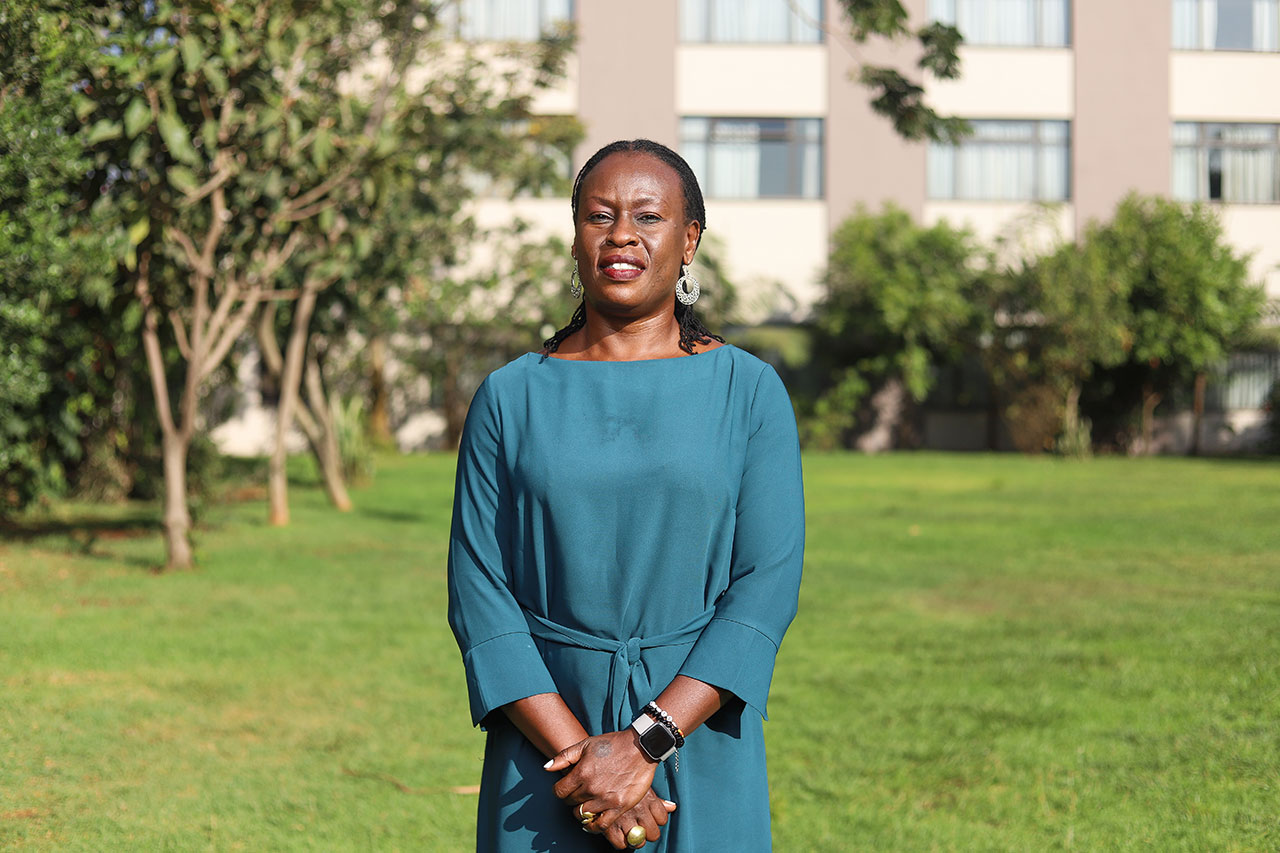
Dr. Angela Akol
Director, Ipas Africa Alliance
“Ipas’s work in East Africa breaks barriers and makes way for partners to follow, and that makes me immensely proud. The next 50 years will bring less restrictive laws and policies for abortion care, as well as incredible revolutions in health-care technology. Ipas will be an impactful leader in developing new technologies that expand access to quality sexual and reproductive health services, including abortion.”
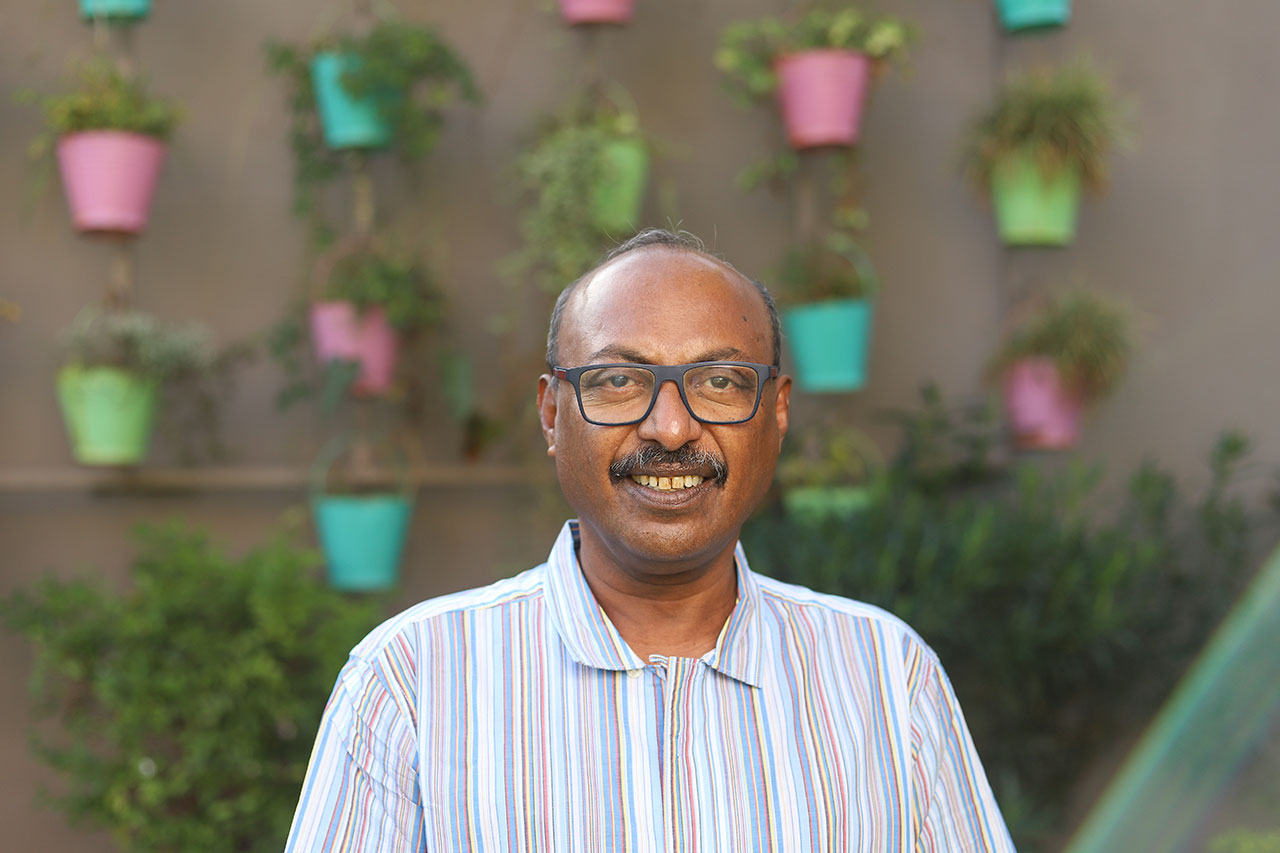
Vinoj Manning
Chief Executive Officer, Ipas Development Foundation
“Focusing on abortion as a matter of human rights and justice, not only as a public health issue, drives and inspires the work of the Ipas Development Foundation (IDF) in India. Working with state governments and other partners, we’ve helped to add 10,000 trained abortion providers to health systems across India and have ensured that thousands of clinics are able to provide high-quality care. In the next 50 years, I see nothing but huge potential for Ipas’s work globally.”
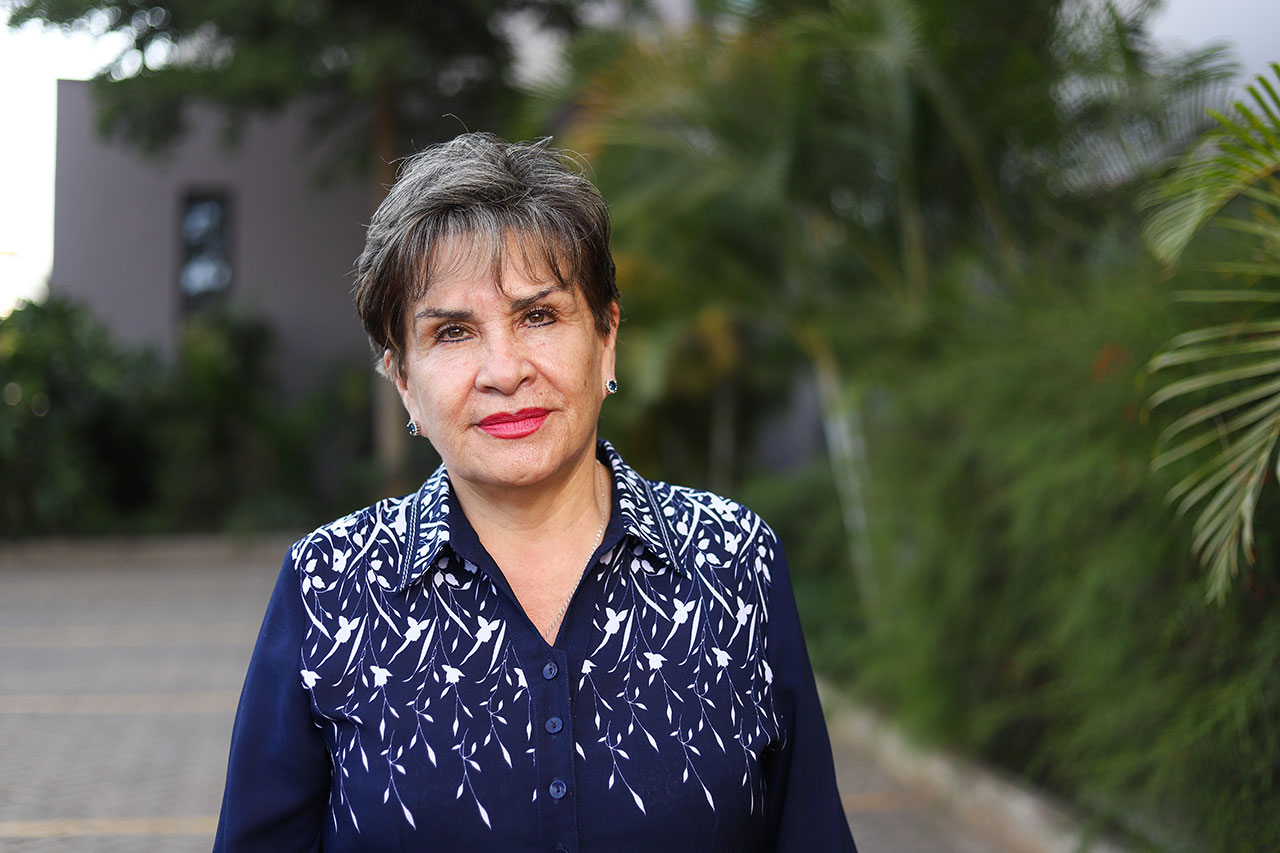
Dr. Malena Morales
Director, Ipas Bolivia
“I am proud that in Latin America, Ipas is changing women’s lives—and is a pioneer in our comprehensive approach to abortion access. Ipas has always been an incredibly resilient organization, innovating and evolving to address people’s reproductive health needs. In the next 50 years, we’ll continue breaking down barriers to abortion access and work to eradicate the abortion stigma that prevents so many from making their own reproductive health decisions.”
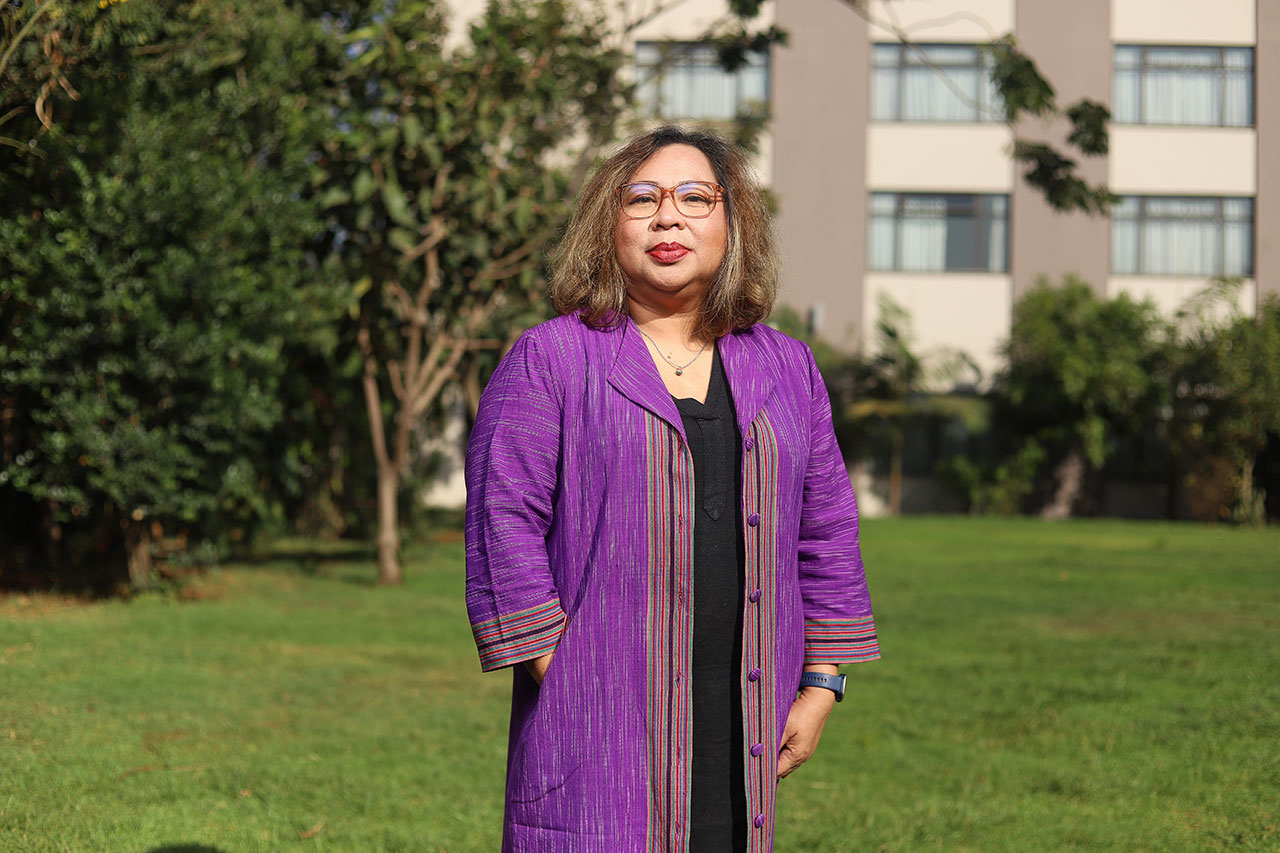
Dr. Marcia Soumokil
Director, Ipas Indonesia
“I’m proud of how Ipas has helped expand reproductive rights and championed the need for safe abortion access in Indonesia. I believe the next 50 years will see Ipas using advancements in technology, globalization, and interconnectedness to ensure reproductive rights for all. When I look to the future of Ipas, I am excited to center the needs of women and girls in an intersectional approach to advance their rights and bodily autonomy.”
50 years of protecting abortion access
Our work began in 1973, with the provision of life-saving reproductive health technologies for health systems in several countries. Since then, we have experienced amazing growth and change as an organization. But one thing hasn’t changed in 50 years: our singular commitment to expand access to abortion. Why? Because abortion is essential health care to which everyone has a right. And because access to abortion and contraception is necessary to ensure reproductive justice for all.
Ipas is founded
We were founded in the United States (in the town of Chapel Hill, North Carolina) to complete development of the manual vacuum aspirator (MVA), a life-saving device for abortion care still used globally.
Distributing MVA
Ipas began providing health systems around the world with manual vacuum aspirators (MVA). The MVA greatly expands access to safe abortion care in low-resource settings because it doesn’t require electricity and is easy for trained health providers to use. By the early 1990s, we had introduced it in more than 100 countries.
Later Ipas evolved to focus on training, advocacy and education, and in 2009, WomanCare Global took over global manufacture and distribution of the MVA.
Training health-care workers
Ipas began training health workers in comprehensive abortion care in Latin America and Africa. Today we continue to provide clinical trainings for thousands of health-care workers each year.
Respected voice in public health
Our work to raise international awareness about the needless deaths and injuries caused by unsafe abortion established us as a respected voice in the global public health arena.
Country offices established
Locally led and staffed teams around the world carry out Ipas programs. Today we have programs in nearly 30 countries in Africa, Asia and the Americas.
Advocacy and research
We stepped up our work to tackle legal, cultural, and other barriers to abortion access. Ipas has worked with partners and advocates over the years to achieve historic abortion law change in Mexico, Argentina, Nepal, Ethiopia, Kenya, and many more countries.
Abortion pills and abortion stigma
Having recognized the revolutionary power of abortion with pills in the 1990s, we moved to integrate this method into all Ipas programs. We also became a leader in raising awareness of abortion stigma and addressing its pervasive harms.
Human rights and abortion
Emphasis on abortion as a human rights issue became an important and continuing focus for Ipas. This has led to our involvement in expansive movements like the feminist “Green Wave” movement that’s liberalizing abortion laws across Latin America.
Abortion in crisis settings
Ipas responded to the Rohingya refugee crisis in Bangladesh in 2017 with trainings and support for abortion care for refugees. Our efforts in various humanitarian settings have proven it’s both necessary and feasible to provide abortion access during a crisis.
Partners for reproductive justice
As the global movement for abortion rights and access evolved, so did Ipas. Embracing the inclusive, human rights-based framework of reproductive justice, we use a comprehensive approach that works across institutions and communities to build sustainable ecosystems for abortion and contraception access.
Work in the U.S.
With the fall of Roe v. Wade in the United States, we expanded work with U.S. partners to connect them with our global network of abortion rights experts and advocates—and to raise public awareness on vital issues like self-managed abortion with pills.
Global network
After 50 years, Ipas is transforming from an international organization with power centered in the U.S. to become a global network with power and leadership dispersed across the globe. What won’t change is our unwavering focus on abortion—and our commitment to evolve, learn, and innovate to ensure everybody has access.


